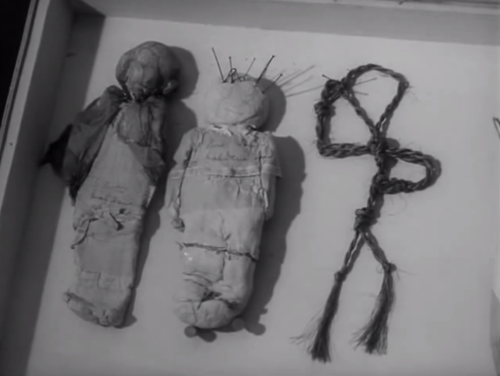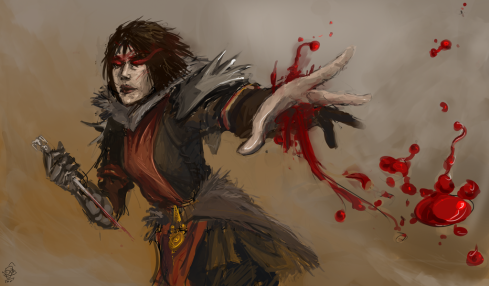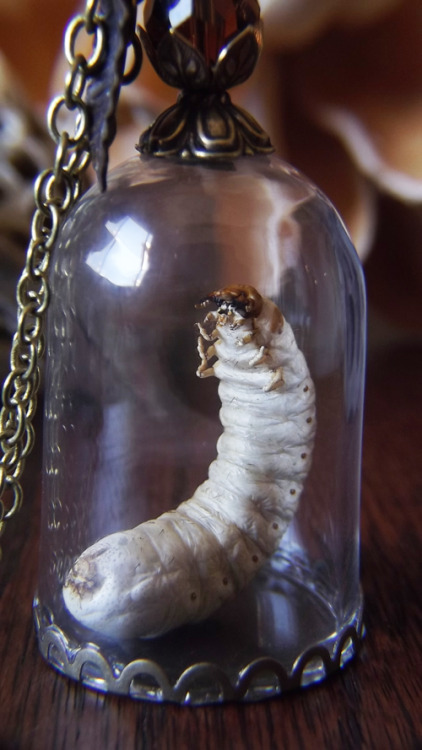The intention is to provide a
little more "Magic" to First Level Magic-Users, including up to six
unusual choices for most of the standard starting spells. This should
help insure that no two 1st Level Magic-Users are the
same, even if they possess the same spells. It might also make the
Class a little more flavorful and “exotic” for those that grouse
at the limitations of low level Magic-Users or sour at the idea of Random Spell Selection when they receive perceived non-starters like the
much maligned “Ventriloquism.”
I'm deeply indebted to Courtney's
excellent series on Spell
Memorization Effects, which I'm sure was brewing in the back of
my brain when I vomited this up. It really got me thinking about
Prepared Spells as a resource that does
something passively until exhausted.
The
idea also came to me as I was revising my Tunnels & Trolls
Spell Book handouts, so please excuse the level of whimsy and
tongue-in-cheek that seems to have crept into some of these. Re-skin
or un-pun to taste. I think this is balanced by the ones that get quite dark in places.
I
imagine that it would work something like this: Once Spells are
randomly determined (or selected, if you are feeling exceptionally generous) for a first level Magic-User the player may
either choose or randomly roll on the Spell Features for their
specific 1st level Spell (everyone receives Read Magic in most of my games).
Some Spell Features are obviously more useful
than others, and no regard has been paid to imaginary beasts like
game-balance, nor is there much in the way of mechanical consistency. This was intentional, as I find it keeps things weird and mystifying, just as magic should be.
I've
tried to incorporate interesting draw backs and resource management
(usually based on time, which is precious) wherever possible so that
these don't just turn into more character sheet cruft. I'm interested
to hear what anyone thinks.
Some
definitions of terms and explanations:
HLSS:
This stands for Highest Level Spell Slot. I use this periodically
to provide a somewhat tighter bounded bonus than Caster Level. In
BECMI, this number is never higher than nine, and it doesn't increase
every level, only according to the Spell Progression table. It's also
information that is fairly obvious and at-hand (most casters know the
level of the highest Spell they can prepare and cast). As a
controlled bonus or duration, I tend to prefer it to caster level.
BECMI Example: A 5th Level Magic-User's HLSS is 3, while a 17th Level Magic-User has an HLSS of 7.
Familiars:
However you do this is fine. I
typically charge the Magic-User either 30 gold pieces from their
starting wealth, or if using my Quick
Equipment and Encumbrance Sheet, a familiar can be had for 1
miscellaneous pick. You could also just have them pick a die to drop
from their starting wealth roll (making a Familiar cost between 10
and 60 gold pieces, Magic-Users don't have expenses like Armor, so
they often end up wealthier than the rest of the party, the result can also serve as the Familiar's hit points). I tend to keep Familiars mostly cosmetic, unless one of the Familiar Features
associated with the
Magic-User's starting spell is selected.
Expend/Release/Internalize:
Some features use this
terminology (I obviously haven't found a favorite yet). This is not
necessarily “casting the spell” in most cases, so I don't imagine
it would take any time (or need to take place on the Caster's turn
even, as some of the effects are triggered in reaction to other
actions), but it does erase the spell from the Caster's mind the same
way. I don't imagine it really having any outward visible effects,
and it'd probably be possible to do in an Anti-Magic field. Just another choice to present the player with in most cases.
I've
given a little bit of thought to converting this to D&D 5e, but
I'm not as intimately familiar with the new Spell List yet. In most
places where Bonus or Penalty is implied, Advantage/Disadvantage
could probably be used. The Slot-Point mechanics of 5e make things a little
trickier when it comes to Expending, and the lack of Reaction Rolls
as a central mechanic is terribly sad, but I think for the most part
the more Iconic Spells (like Charm Person, Sleep, Magic Missile) are
similar enough that this could be used with most versions of D&D.
I'll
be splitting this into smaller groups to keep the posts short. If
there's significant interest, I might assemble a PDF or create a
handout/compilation.
Here's
a summary of the Spell Features for quick reference/random rolling:
First
Level Spells
-
- Avaricious Eyes
- Spell Book Feature: Palimpsest of Common Command Words
- Know Lineage
- Dagger Feature: Haruspex
- Tea Leaves
- Familiar Feature: The Eyes Have It
-
- A Loyal Henchman
- Spell Book Feature: Hamlin's Concerto
- Spell Book Feature: Etiquette Book
- Perfume
- Language: Harpy/Dryad
- Familiar Feature: Serpent
-
- Feather Fall Charm
- Dagger Feature: Flying
- Language: Air Elemental
- Gainful Portaging
- Spell Book Feature: Buoyant
- Familiar Feature: Light as Feather
-
- Tattle-Tale Lock
- Spell Book Feature: For Your Eyes Only/Privacy Please
- Jar of Friendly Earseekers
- Language: Mimic
- Puzzle Box
- Familiar Feature: Passdoor
-
- Selfish Spells
- Dagger Feature: Focus
- Spell Book Feature: Made In The Dark
- Candle Molds
- Language Of Shadows
- Familiar Feature: Bat
-
- Strix Missile
- Spell Book Feature: Tablet of Arrow Carving
- Puissant Technique
- Voodoo Doll/Poppet Magic
- Dagger Feature: Sympathetic Athame
- Patient Missile
-
- Circles
- Spell Book Feature: Warded Against Intrusion
- Witch Bottle
- Dagger Feature: Lodestone
- Familiar Feature: Dog
- Horseshoes
-
- Staff Feature: Cipherstick
- Dictating Quill
- Bonus Language
- Spell Book Feature: Talking Book
- Jar of Tongues
- Voracious Reader
-
- Detect Magic/Scroll Ink
-
- Heraldic Gift
- Shield-Bearer Training
- Dagger Feature: Spell-Warded Kris
- Elemental Ward
- Spell Book Feature: Defending
- Familiar: Turtle
-
- Spell Book Feature: Manual Of Oneiromancy
- Pouch Of Apple Seeds
- Spell Book Feature: Bedtime Stories
- Cockerel Automaton
- Osculations
- Familiar Feature: Sloth
- Music Box
- Dagger Feature: Voice Drinker
- Dummy Golem
- Jar Of Lips
- Spell Book Feature: Talking
- Familiar Feature: Talks










